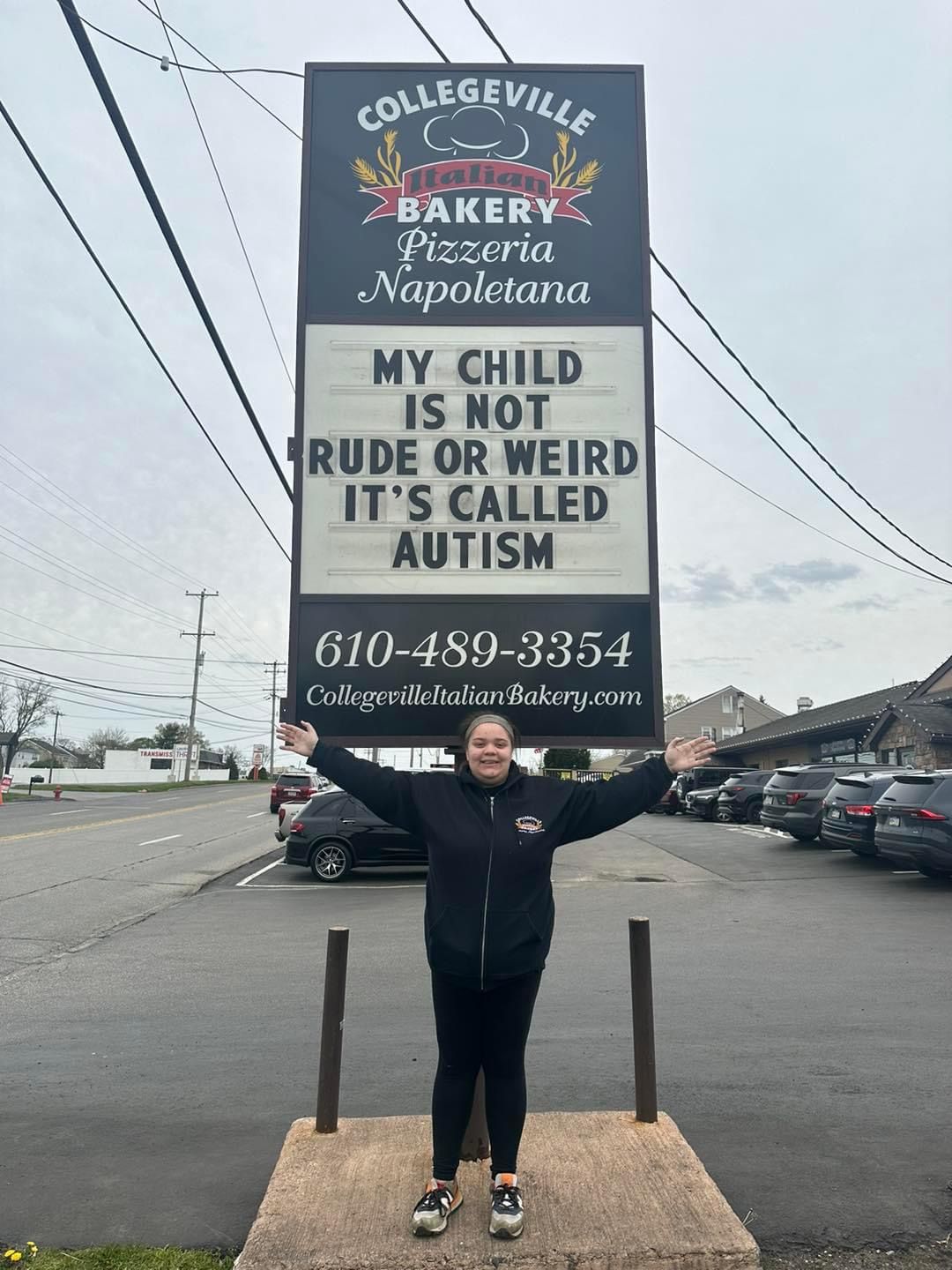Processing and Symptoms of Anxiety and Depression Among Neuro-Diverse Individuals
Processing and NeuroDiversity and Anxiety/Depression

Mental health is often conterminous; it is rare for an individual to be affected by only one condition. For example, a person with depression often experiences anxiety. ADHD and dyslexia are familiar companions, and OCD and autism overlap in several ways. The lines are often blurred between one diagnosis and another, leaving people to wonder what is truly causing their symptoms.
Unfortunately, in addition to the symptoms created by their conditions, individuals with neurodivergent conditions tend to experience depression and anxiety at higher rates than their neurotypical peers. ADHD, autism spectrum disorder (ASD), OCD, and learning disabilities like dyslexia are all examples of neurodivergent conditions associated with high depression and anxiety rates.
Because these individuals already struggle with executive functioning skills like problem-solving, social cues, impulse control, memory, and mental flexibility, they are more likely to experience teasing and bullying, resulting in lowered self-esteem. Additionally, a neurodivergent condition limits a person’s ability to process primary information related to their senses, causing frustration, self-doubt, and learned helplessness.
All people who are working through anxiety and depression require coping strategies. However, those with neurodivergent conditions often require specific coping techniques geared toward their unique needs to help them process uncomfortable emotions and better understand themselves and how their body and brains function.
Through coaching, therapy, practice, and an understanding of their unique processing strengths and weaknesses, a personally tailored plan can be created to help process anxiety and depression.
Overlap of Mental Health and Neurodiverse Conditions
Many neurodiverse conditions have overlapping symptoms and traits.
There is a very strong correlation between three common conditions: OCD, ADHD, and ASD. Not only do these conditions have overlapping symptoms, but they frequently co-occur.
- 8-25% of people with OCD also have ADHD
- OCD and ASD co-occur in 15-20% of individuals
- Anywhere from 20-80% of children who are diagnosed with ASD also meet the criteria for ADHD.
- 30-60% of children diagnosed with ADHD also present significant ASD symptoms.
The significant overlap of symptoms often leads even the most astute professionals to misdiagnose or miss a diagnosis of co-occurring conditions.
Primary and Secondary Processing
ASD, OCD, and ADHD all cause sensory processing issues. People with these conditions are often more sensitive to sensory stimuli like lights, sounds, smells, textures, and noises. They tend to struggle with social cues and have memory and attention problems. Individuals might struggle with sleeping and eating disorders and hyper-focus or obsessive thought processes.
Sensory processing issues are caused by a person’s inability to process primary and secondary input. 80% of a person’s processing is through their primary senses: sight, sound, touch, smell, and taste.
In a neurotypical brain, the brain, the secondary processing source, receives and interprets a signal to tell the body how to respond appropriately. For example, we hear a car honk as we’re about to step into the crosswalk, and we freeze or back up, understanding that the car honk is warning us of danger.
The brain of a person with neurodivergence may struggle to use the information it receives effectively. The person may not understand what the car honk means, thus leaving them in a dangerous or stressful situation.
While we use all five senses as primary sources, two common types of primary processing disorders are auditory and visual.
Auditory Processing
According to the National Institutes of Health, 43% of children referred for learning difficulties have Auditory Processing Disorder (APD). Additionally, 25% of all children tested for learning disabilities were found to have coexisting APD and dyslexia.
Difficulties with auditory processing often produce symptoms of inattention, quick mental fatigue, oppositional behavior, avoidance and anxiety, low self-esteem, and sadness in children. Among adults, ADP causes difficulty in carrying out phone conversations, following detailed directions, engaging in lengthy conversations, and planning and anticipating activities.
Both children and adults suffering from auditory processing disorders tend to experience poor mental health and are at high risk for depression, anxiety, and low self-esteem.
Visual Processing
Individuals with visual processing disorders struggle with visual tasks that involve visual discrimination, sequencing, memory, motor processing, and spatial relationships.
Visual processing issues are not related to a person’s eyesight or ability to see but how their brain interprets what they see. These issues include conditions like dyslexia and dyscalculia, which make reading and math hard to process and understand, and lesser-known conditions like prosopagnosia, the inability to distinguish between faces, and apperceptive agnosia, the inability to notice and identify patterns.
A common thread among individuals with primary processing disorders are feelings of frustration, anger, social anxiety, self-doubt, sadness, and traits of avoidance and learned helplessness.
Processing Disorders and Emotions
An individual's inability to process primary information efficiently often leads to social and emotional issues, such as frustration, low self-esteem, and social withdrawal, primarily when speech/language impairments also exist.
Research indicates that clinically significant anxiety is associated with problems in secondary processing or executive functioning among individuals with neurodivergent conditions. Additionally, individuals with math, reading, and spelling disorders have increased rates of behavioral and emotional problems.
These problems and related emotional dysregulation stem from internal sources, such as a person’s faltering self-esteem and comparing themselves to others, and external sources, such as peers, teachers, co-workers, and family members.
These feelings are often oppressive and isolating, leading to anxiety and depression. However, through psychotherapy, CBT, and other therapeutic interventions, individuals can strengthen their processing skills, learn emotional regulation tools to bolster their self-esteem, and decrease symptoms of depression and anxiety.
Treatment for individuals with neurodivergence must be based on their specific skills, strengths, and needs to accommodate each individual’s processing deficits. It often progresses slower than neurotypical clients but can still be highly effective.
With practice and patience and learning how to process and externalize their internal thoughts, perceptions, and feelings, individuals with ADHD, ASD, OCD, or any overlapping or co-existing conditions can lessen negative self-thought and work through symptoms of anxiety and depression.
Reach out drj@jeltova.com



